A Marine Hydraulic Winch is an essential piece of equipment used in various marine industries, particularly for tasks such as mooring, anchoring, towing, and lifting. This type of winch stands out from traditional mechanical winches due to its advanced hydraulic power system, offering increased efficiency and reliability in the demanding conditions of maritime operations.
One of the most significant advantages of marine hydraulic winches is their hydraulic power source. Unlike mechanical winches, which rely on manual or electrical systems, hydraulic winches are powered by hydraulic fluid, which can generate much higher torque. This makes the winch capable of handling heavy loads with ease. The hydraulic system allows for smooth, controlled operations, even under strenuous conditions, reducing the risk of equipment failure due to sudden jerks or overloads. Hydraulic winches also provide variable speed control, giving operators precise command over the rate at which the winch operates. This is especially important for delicate maneuvers, such as anchoring or towing, where too much force or speed can damage the equipment or pose a safety risk.
Another critical feature of marine hydraulic winches is their corrosion-resistant construction. The marine environment is particularly harsh, with constant exposure to saltwater, humidity, and extreme weather conditions. To combat this, marine hydraulic winches are built from high-quality materials such as stainless steel, aluminum, or special coatings that prevent corrosion. This ensures that the winch remains functional and durable over time, even when subjected to the corrosive effects of saltwater, reducing the need for frequent maintenance or replacements.
Marine hydraulic winches are also designed to handle high loads. They are built to manage heavy-duty tasks, such as securing large vessels, lifting anchors, or performing towing operations. The high load capacity of these winches ensures that they can perform demanding tasks without compromising safety or efficiency. In addition to their robust load-bearing capabilities, these winches often come with automatic load-sensing technology. This feature allows the winch to adjust its power based on the weight of the load, preventing overloading and optimizing the system's performance. As the winch senses the load, it can fine-tune the hydraulic power needed to lift or pull the load without overstressing the machinery.
The operation of marine hydraulic winches is known for its smoothness, a key characteristic that makes them ideal for delicate tasks. Hydraulic power offers continuous, smooth operation without the jerky starts and stops that can sometimes occur with mechanical winches. This reduces the risk of sudden shocks or damages to both the winch and the objects being handled. This smooth operation is particularly critical in operations where precision is essential, such as towing large objects or lowering heavy equipment into the water.
Despite their substantial power and capacity, marine hydraulic winches are often designed with compactness in mind. They are engineered to fit into spaces on vessels where every inch of space counts. This compact design allows for easy integration of the winch into a variety of vessel types, from small fishing boats to large offshore platforms. The design not only saves valuable deck space but also makes the winch easier to handle and install on ships with limited room for equipment.
To further enhance safety and reliability, many marine hydraulic winches are equipped with fail-safe mechanisms. These mechanisms may include pressure relief valves or emergency stop features that can immediately halt the winch’s operation in the event of a malfunction. These fail-safes ensure that the winch will not operate beyond its limits or continue working when there is a fault in the system, helping to prevent accidents that could harm the crew or damage the equipment.
Maintenance is another area where hydraulic winches excel. Due to their modular construction and the availability of parts, these winches are designed for easy maintenance. Regular checks and service intervals can be carried out to ensure the hydraulic fluid remains clean and the components function optimally. Easy access to key parts allows technicians to conduct repairs or replacements quickly, minimizing downtime and keeping the winch operational for longer periods.
The versatility of marine hydraulic winches should not be overlooked. These winches can be mounted in a variety of configurations, depending on the specific needs of the vessel. Whether it is a small recreational boat or a large industrial vessel, the winch can be customized for different deck spaces and operational needs. The adaptability of the winch ensures that it can perform well across a broad range of marine applications, from fishing and tugboats to oil rigs and offshore vessels.

 ENG
ENG
 English
English русский
русский Español
Español

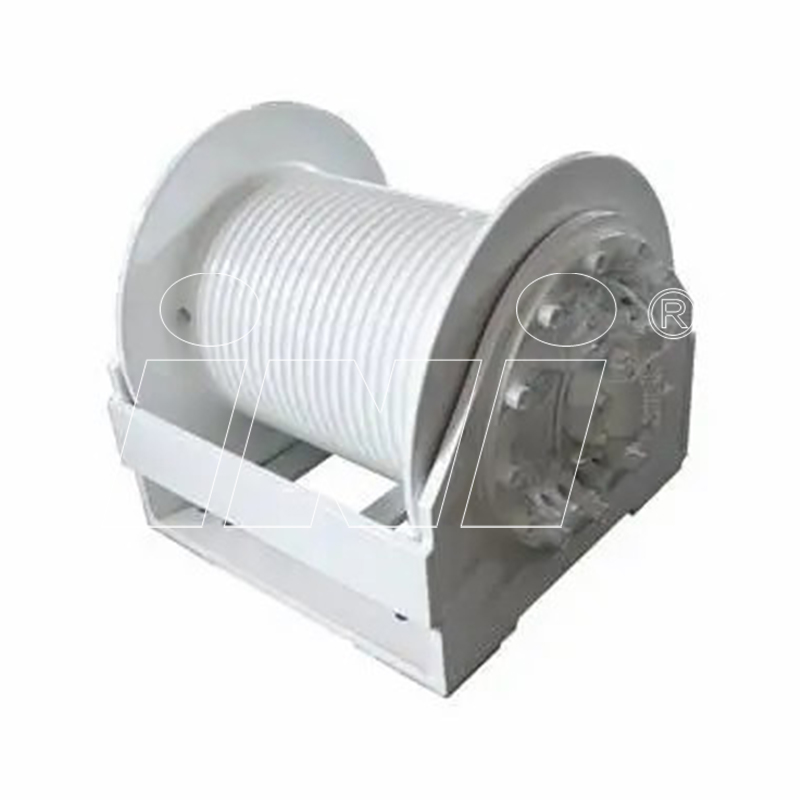
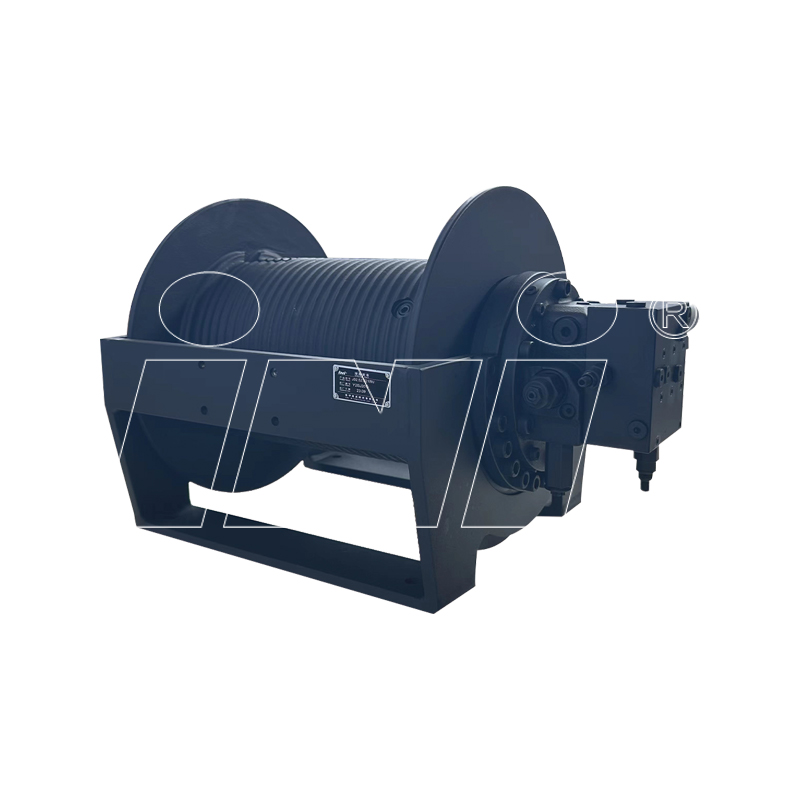
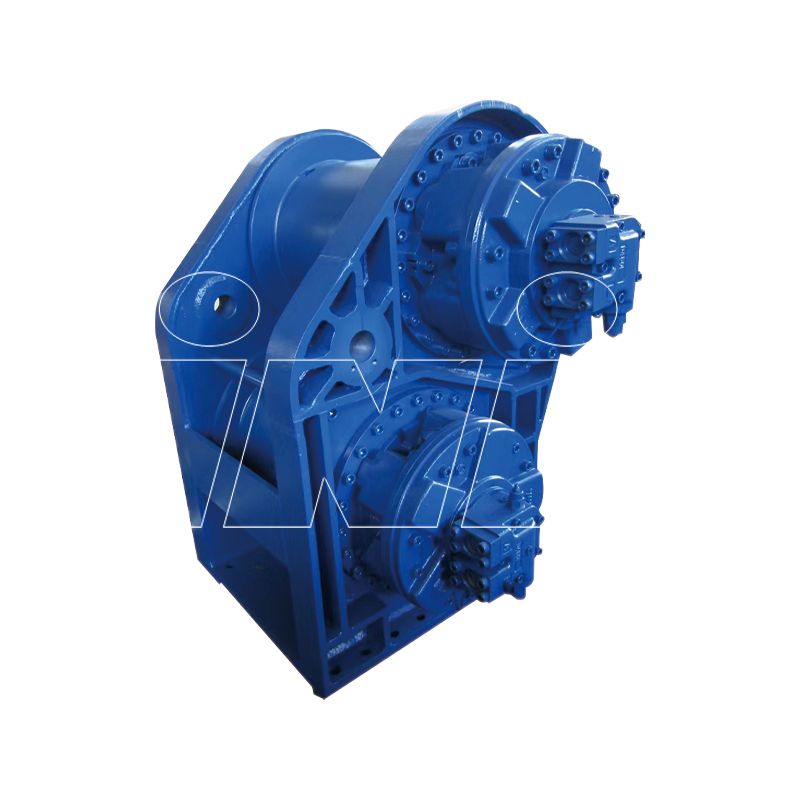

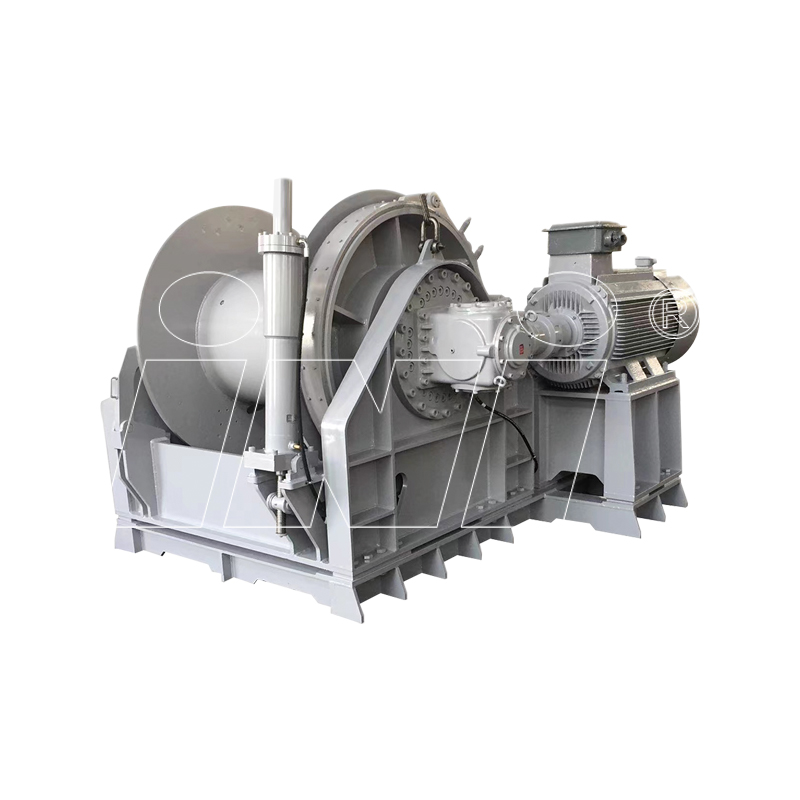

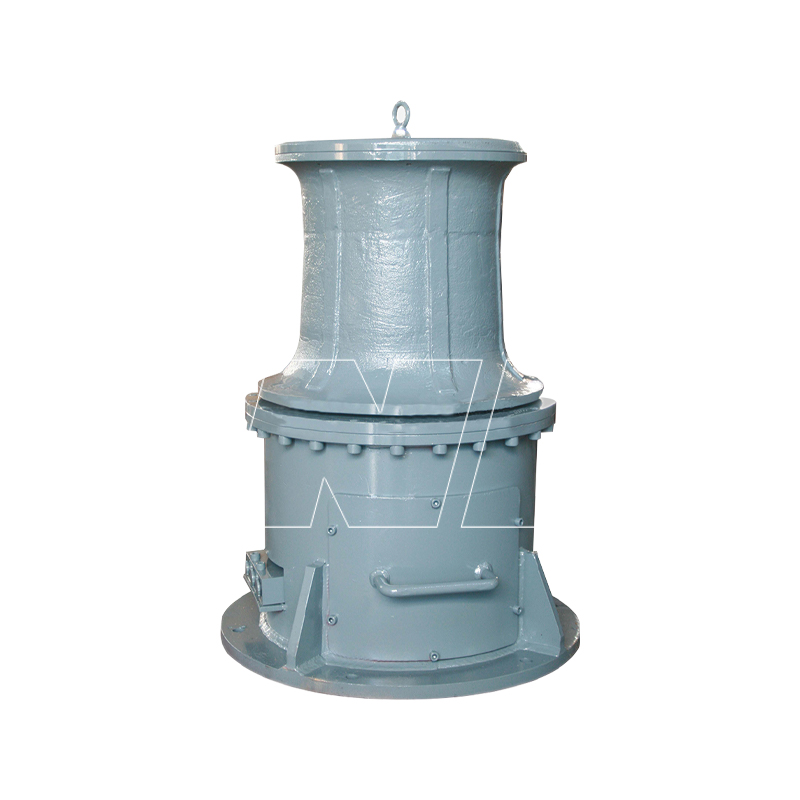



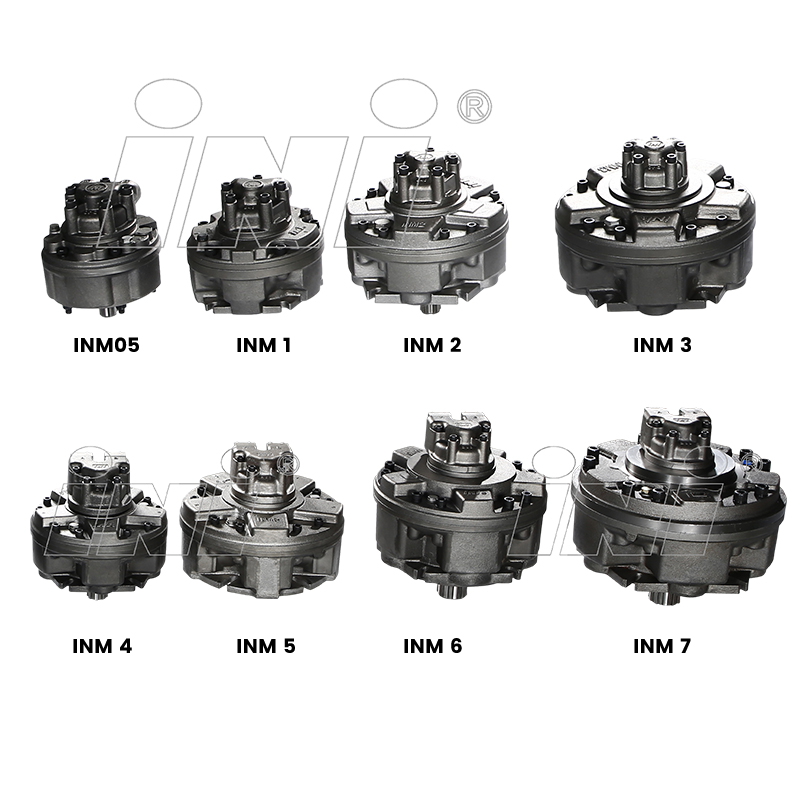
 English
English русский
русский Español
Español
 TOP
TOP